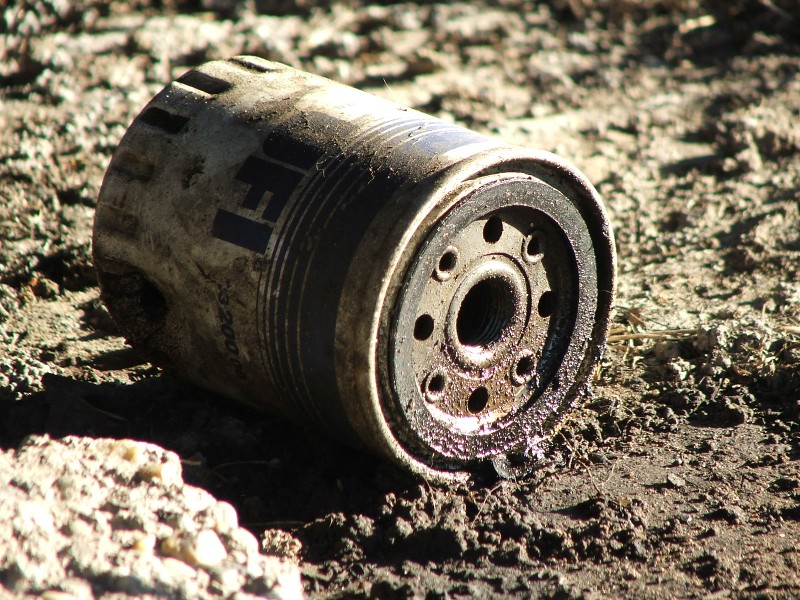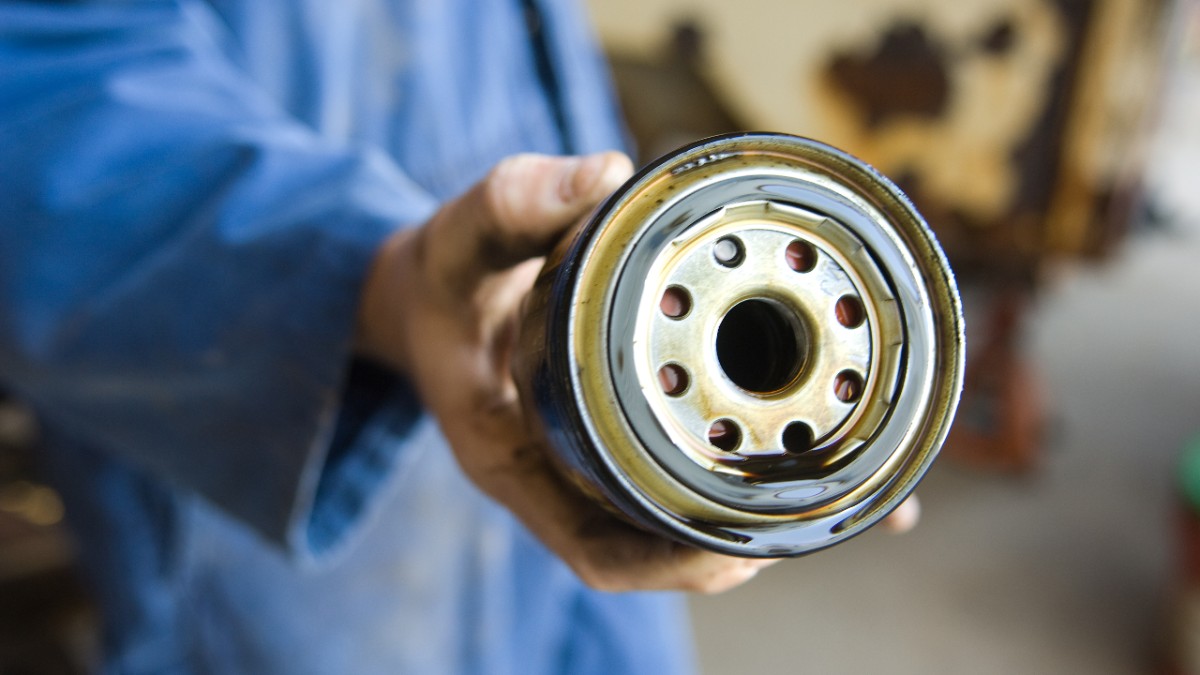Should You Prime An Oil Filter, And What Will Happen If You Don’t
Oil is a vital component in the car engine. A periodic oil change is essential to ensure your car works efficiently. An oil filter keeps impurities away from the oil as it moves through the system. Have you ever wondered why you need to prime an oil filter and what happens if you don’t?
Always prime your oil filter to shorten the time the oil reaches the engine’s movable parts. All parts become well-lubricated, and the engine will run smoothly. Ignoring to prime the filter contributes to friction, shortening the life of your engine’s moving parts.
The purpose of the oil is to lubricate and cool all engine parts. Doing this ensures that your car runs smoothly throughout all road conditions. Priming ensures that oil passages have oil for all moving parts to be well-lubricated when the engine starts.
Should You Prime An Oil Filter?
Keeping fresh and clean oil in your engine is the best way to prolong its life. One way to ensure this is by priming the oil filter. You must do it as part of your car’s initial setup. Pour some fresh oil and drain throughout the filter to make it ready for you to hit the road.
Occasional priming is necessary, especially in cold weather, for the engine to get extra lubrication or to operate at its best. Priming also keeps the engine running smoothly. It removes any air bubbles that might have gotten into the fuel system when changing the fuel filter.
Priming minimizes the time the engine picks up oil without pressure. The oil pump must fill the filter before the oil moves to the engine’s bearings. A regular engine with a quality pump takes about five seconds, although modern synthetic oils lubricate much faster than regular oils.
An engine lasts much longer when primed, although some don’t need priming. You have to fill the filter with oil after a change. Some car filters, including Peugeot and some Renault’s, have a mechanism that inhibits oil from draining back to the sump.
What Happens If You Don’t Prime The Oil Filter?
If you don’t prime your oil filter, your engine won’t get the appropriate power leading to compromised efficiency and low emissions. The system won’t work as it should if you ignore it, and it’s likely to develop issues with its movable parts.
A new engine or one that has not been used for a long time needs priming before using it again to allow oil to reach all its movable parts. Failing to prime the oil filter leads to excess heat, wear and tear.
Whenever you change the oil or the filter, priming is essential. The rule of thumb is always to read the manufacturer’s manual to understand whether priming is necessary. This process takes a few minutes for a smaller engine than a bigger one.

Is It Necessary To Prime The Oil Filter For A Regular Passenger Car?
Although it’s not necessary, priming the oil filter is good practice. It gets the air out of the system. Priming also prevents oil from sitting at the bottom of the oil pan but none in your engine.
On cranking the engine, the oil pump will take much longer to pick up the oil filter to distribute the oil to different movable parts of the engine. With priming, there’s less time lag, and the oil reaches the engine and its parts sooner.
How Can I Tell A Bad Oil Filter?
The first sign to tell a bad oil filter is if it leaks, smells, or has tiny pieces of metal at the bottom. You must get a replacement when you notice any problems with your filter. The filter protects your engine from damage by removing impurities and debris but loses effectiveness over time.
They are made to last for a given period. So, check the manufacture date before investing in a new filter. There’s usually an expiry date on the packaging depending on the model and make. These filters usually cost more than those you’re likely to find in your local store.
Other filters have the best buy date on the item. However, if your filter is a few years old, you must consider replacing it.
Should I Change The Filter When Changing The Oil?
Changing the oil and filter simultaneously is strongly recommended. Changing only oil may make impurities pass from the old filter, washing them back into the engine. It comes with severe risks that may lead to costly diagnostics and repairs.
The engine has various moving parts that need oil to stay well-lubricated and free from friction which encourages heat. This may lead to wear and tear. Simple maintenance tricks such as replacing the filter save you from time-consuming diagnostics and costly repairs.
Can I Change The Filter But Not The Oil?
This is not recommended since the old oil will shorten your filter’s life sooner than expected. Debris-filled oil passes through the filter forcing the engine to bypass it. This makes all contaminants end up rubbing against the engine’s moving parts, shortening their lifespan.
Conclusion
Priming the oil filter is crucial to lessen the time oil reaches the engine’s movable parts. It also ensures that oil reaches all parts that need it. Ignoring priming increases the time oil will reach your engine and risks friction, shortening its lifespan.







